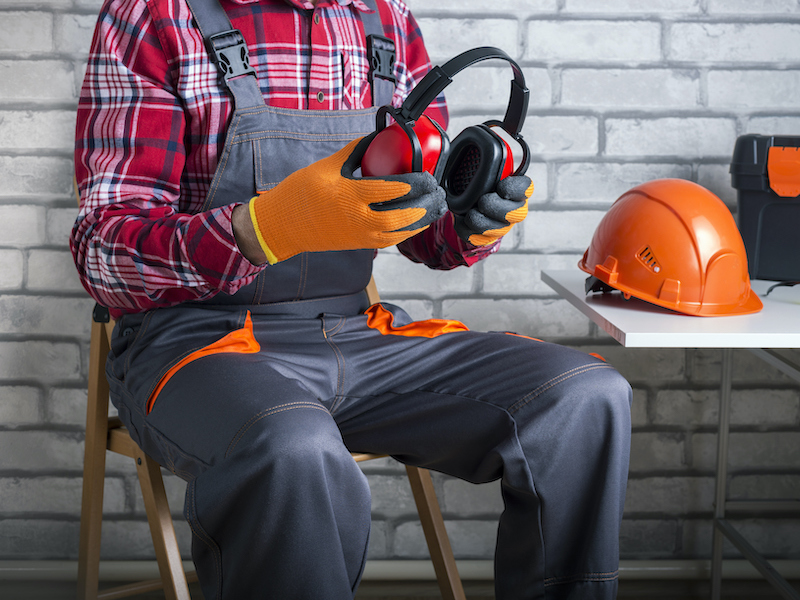
Your sense of hearing is important in your life and when it’s gone, there will be no natural way of getting it back. But somehow, hearing loss tends to go neglected and unchecked in the general population. In the US alone, one in eight individuals over the age of 12 copes with untreated and irreversible hearing loss.
Protecting your hearing from the start is the best and simplest way to prevent hearing loss, but if you already have hearing loss you can get much of your hearing back with a hearing aid.
Protect your hearing with these five tips:
Don’t use earbuds
Earbuds are one of the biggest threats to hearing health today since they’ve come as an accessory to most mobile devices going back to the first MP3 devices in the early 2000s. Almost every smartphone on the market comes with a set of these little devices that sit snugly in your ear and pump sound directly into your ear canal. Listening to music or a movie on your mobile device at full volume for just 15 minutes can result in permanent hearing loss. Over the ear style headphones, particularly the ones with noise canceling technology, would be a better choice. Adhering to the 60/60 rule, which recommends a maximum volume of 60% for no higher than 60 minutes per day, is another safety measure to safeguard your hearing.
Keep your volume low
Your hearing can be harmed by other things besides earbuds. Loud noises from a TV or radio can do as much harm if you regularly listen to them over a prolonged period of time. You’ll also want to avoid situations where loud sounds are constant, such as construction zones, concerts, and shooting ranges. Steering clear of these scenarios may only happen in a perfect world, particularly if you’re a construction worker or a musician. If that’s the situation, then you’ll want to take note of the next item on the list.
Hearing protection will help
Hearing protection is crucial if you work in an environment or enjoy hobbies that expose you to loud noises. 85 decibels over a period of 15 minutes is enough to cause hearing loss. Compare that to the following:
- Over a one hour visit to the indoor shooting range, your ears are repeatedly exposed to gunfire that clocks in at over 150 decibels on average
- Jackhammers at a construction site produce 130 decibels, which could take their toll after a 40-hour workweek
- At the majority of concerts the headlining band plays for up to two hours at well above 120 decibels
The takeaway here is that you should invest in some sort of hearing protection such as earmuffs or earplugs if you take part in any of these activities.
Take auditory breaks
There are times you just need to give your ears a break. Even if you use hearing protection, if you are subjected to loud sounds like these for prolonged periods, you should take some quiet breaks to give your ears some time to rest. That means, you definitely shouldn’t get into your car and start blaring loud music right after you leave a 3-hour concert.
Check your medicine
Your medicine could actually have a considerable effect on your hearing. There are certain medications that have been proven to trigger hearing loss including certain heart and cancer medicines, aspirin, antibiotics, and anti-inflammatory medicine. The good news is that medication-associated hearing loss is not common and is more likely if you use two or more of those medications together making it easier to prevent.
Are you suffering from hearing loss and want to seek out new treatment? Get in touch with us today to set up a consultation.
Resources
https://www.cdc.gov/nceh/hearing_loss/how_does_loud_noise_cause_hearing_loss.html
https://armeddefense.org/hearing-protection
https://www.uofmhealth.org/health-library/tf3092